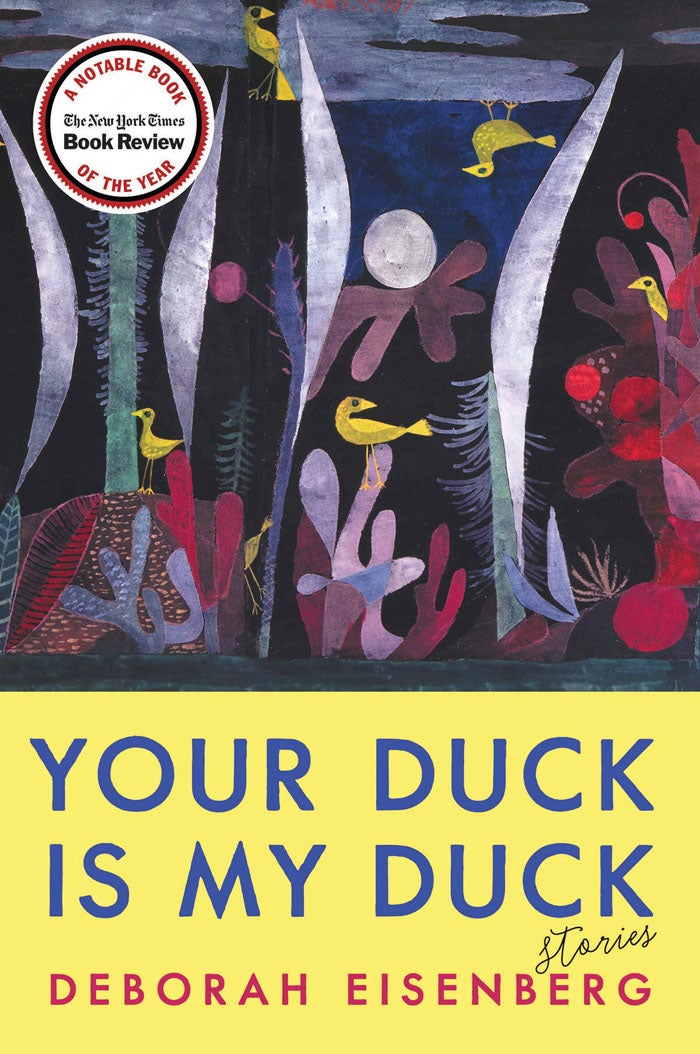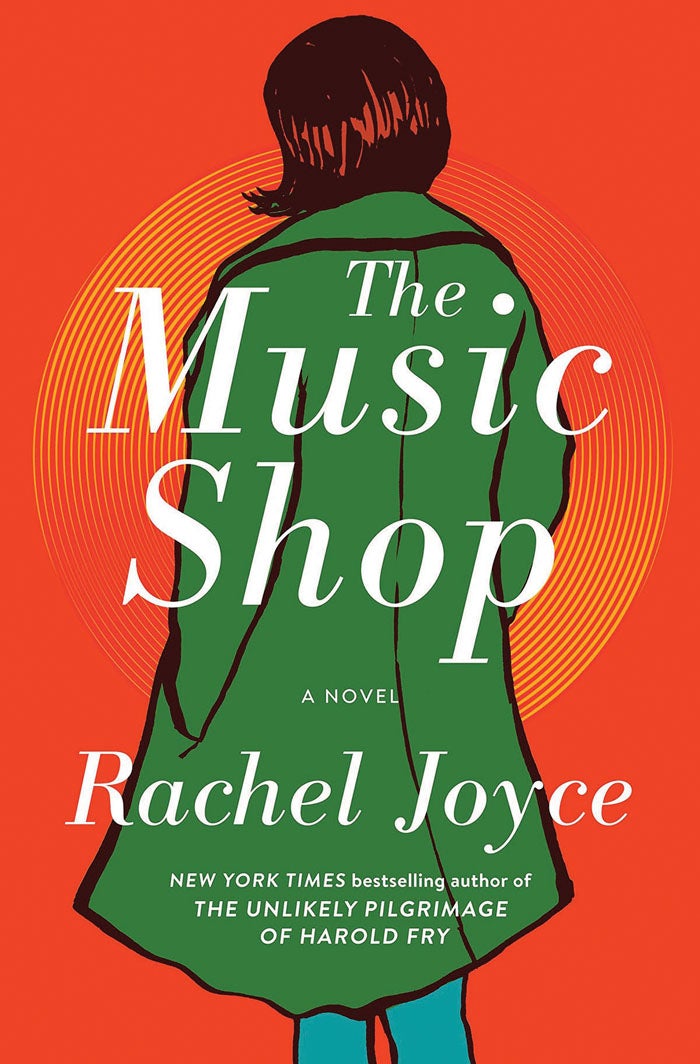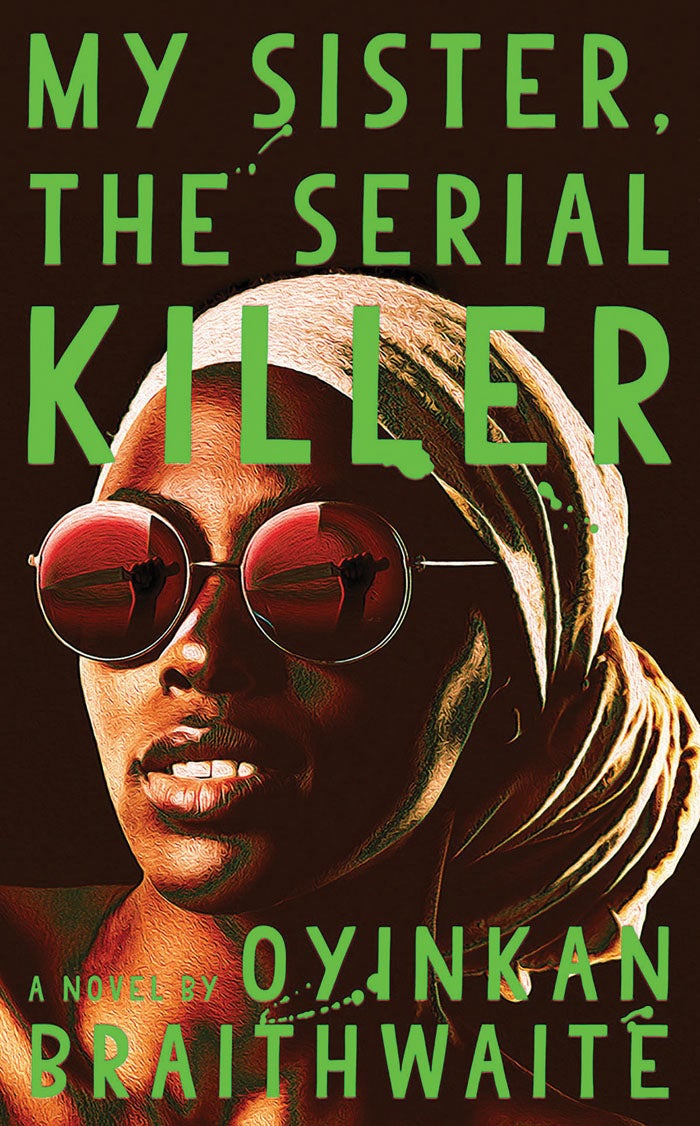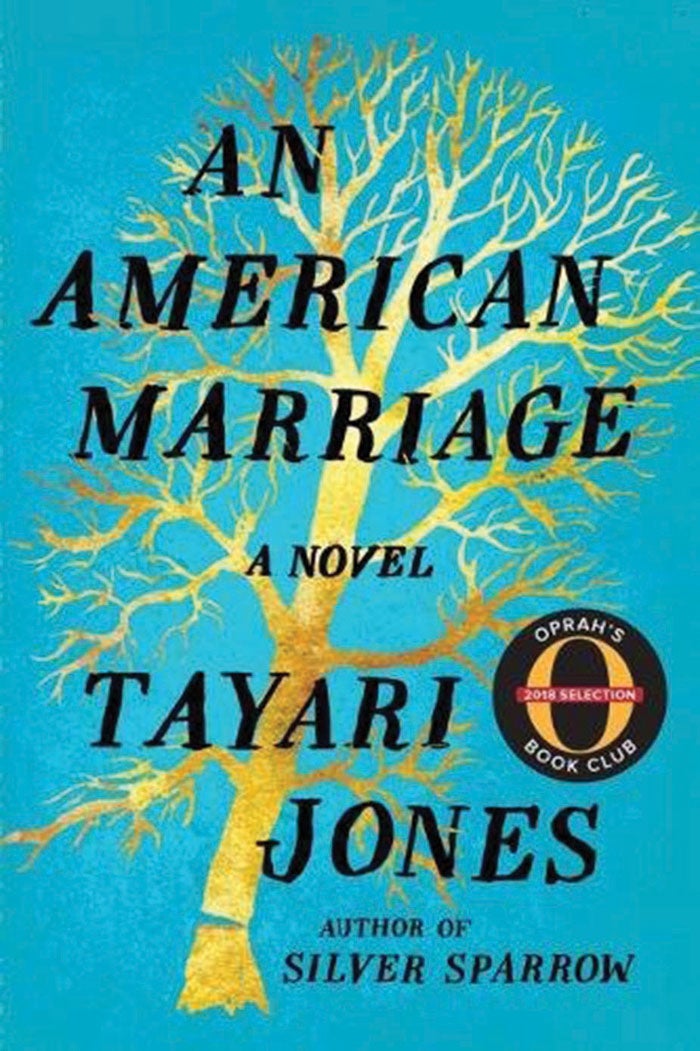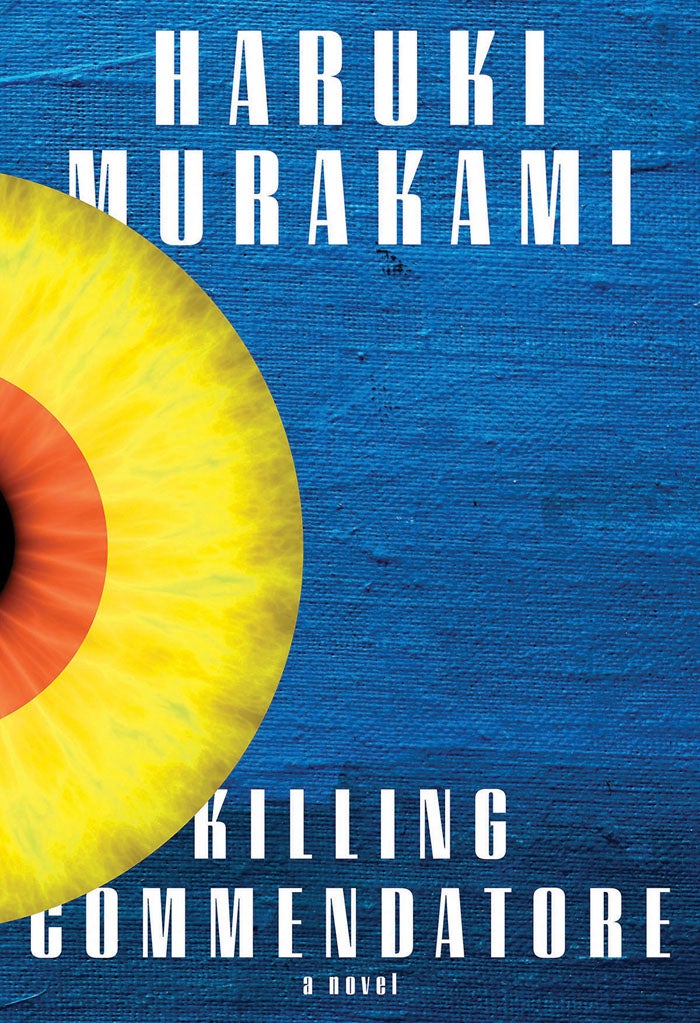Book World: 50 notable works of fiction in 2018
Published 12:00 am Sunday, December 30, 2018
—
“Baby, You’re Gonna Be Mine,” by Kevin Wilson (Ecco). A narcissistic rock musician whose band has dissolved moves back home in the title story of this imaginative and witty collection.
—
“Cherry,” by Nico Walker (Knopf), Devastatingly candid, this autobiographical novel is written by a former Army medic now in prison for bank robbery.
—
“Children of Blood and Bone,” by Tomi Adeyemi (Henry Holt). Two young women — one royal, one oppressed — join forces to try to restore magic to the kingdom of Orisha.
—
“Circe,” by Madeline Miller (Little, Brown). A passionate young woman develops occult skills and is banished to a solitary island in this feminist retelling of an ancient story.
—
“Conscience,” by Alice Mattison (Pegasus). Three narrators weave a story around political activism, privacy, sexual betrayal, racial tension and homelessness.
—
“Crudo,” by Olivia Laing (Norton). In the summer of 2017, a 40-year-old writer tries to adjust not only to her new marriage but also to a world that seems to be falling apart.
—
“The Female Persuasion,” by Meg Wolitzer (Riverhead). A studious freshman whose worldview is altered by a feminist icon makes her way through college, love and the daunting uncertainties of real life.
—
“Flights,” by Olga Tokarczuk; translated by Jennifer Croft (Riverhead). Some of the tales woven loosely together in this novel, which won the Man Booker award for translated fiction, border on the grotesque, but they are enlivened by the author’s humor and optimistic voice.
—
“Florida,” by Lauren Groff (Riverhead). Heat, alligators, hurricanes and other dangers lurk in these 11 short stories set in the bizarre lushness of the Sunshine State.
—
“French Exit,” by Patrick deWitt (Ecco). Having squandered her inheritance, an eccentric widow sells what property is left and sails with her son to Paris.
—
“Girls Burn Brighter,” by Shobha Rao (Flatiron). Two girls survive poverty and cruel fates in India and follow separate paths to new lives — and sometimes more brutality — in America.
—
“The Great Alone,” by Kristin Hannah (St. Martin’s). In 1974, an alcoholic Vietnam veteran inherits a cabin in Alaska and moves there with his wife and teenage daughter.
—
“The Great Believers,” by Rebecca Makkai (Viking). A woman cares for her dying brother during the 1980s AIDS epidemic; searching for her daughter three decades later, she reconnects with one of his friends.
—
“How to Be Safe,” by Tom McAllister (Liveright). In the wake of a school shooting, a recently suspended teacher becomes a person of interest — and a bitter critic of American society.
—
“If You Leave Me,” by Crystal Hana Kim (William Morrow). In the aftermath of the Korean War, a young South Korean must choose a husband as her country struggles to develop an identity.
—
“The Immortalists,” by Chloe Benjamin (Putnam). Four New York siblings ask a clairvoyant to tell them when they will die, and the answers change how they choose to live.
—
“The Incendiaries,” by R.O. Kwon (Riverhead). Religious fervor pervades the story of three students — a lapsed evangelical, a party girl and an emerging cult leader — who meet and fall in love.
—
“Killing Commendatore,” by Haruki Murakami (Knopf). A 36-year-old portraitist retrains his sights on his earlier, broader artistic goals, with sometimes magical results.
—
“The Kiss Quotient,” by Helen Hoang (Berkley). Successful in work but wary of physical contact, a woman on the autism spectrum hires a male escort to teach her about sex and relationships.
—
“A Ladder to the Sky,” by John Boyne (Hogarth). A satire of writerly ambition wrapped in a psychological thriller: A young novelist claws his way to fame by seducing other writers and stealing their plots.
—
“Lake Success,” by Gary Shteyngart (Random House). When a hedge-fund manager finds his privileged life crumbling, he takes a bus to Texas to find an old girlfriend.
—
“The Largesse of the Sea Maiden,” by Denis Johnson (Random House). Ex-wives and ex-friends, prisoners and poets, flunkies and “wayward angels” populate this posthumous collection of five masterful short stories.
—
“Love and Ruin,” by Paula McLain (Ballantine). The author of “The Paris Wife,” based on Ernest Hemingway’s first marriage, writes a biographical novel about his third wife, journalist Martha Gellhorn.
—
“The Mere Wife,” by Maria Dahvana Headley (MCD). “Beowulf” is wittily reimagined as a feminist parody of suburban sanctimony, with a lesser role for the epic’s hero, incarnated here as ex-Marine Ben Woolf.
—
“A Million Drops,” by Victor del Árbol; translated by Lisa Dillman (Other). The murder of a child is the starting point for a dizzying multigenerational drama centered on the Soviet role in Spain’s 1930s civil war.
—
“The Music Shop,” by Rachel Joyce (Random House). It’s 1988, and CDs are pushing vinyl into oblivion, but at a run-down English music shop, the big albums provide the soundtrack for an unabashedly romantic treat.
—
“My Sister, the Serial Killer,” by Oyinkan Braithwaite (Doubleday). A beautiful Nigerian murderer gets some body-disposal help from her sister, a nurse. Then the killer gets interested in a handsome doctor.
—
“My Year of Rest and Relaxation,” by Ottessa Moshfegh (Penguin Press). A bereaved recent college grad takes to her bed, aided by a buffet of drugs and one of the worst shrinks in fiction.
—
“November Road,” by Lou Berney (William Morrow). One of the most distinctive, unexpected crime novels of recent years begins with the premise that JFK’s assassination was ordered by a New Orleans mobster.
—
“Only Child,” by Rhiannon Navin (Knopf). A 6-year-old describes a school shooting — “We kept hearing the POP sounds outside. And screaming.” — and its family-rending aftermath.
—
“The Pisces,” by Melissa Broder (Hogarth). Dogsitting in Los Angeles’ Venice Beach, a troubled graduate student meets and falls for a beachgoer who turns out to be part fish.
—
“The Poet X,” by Elizabeth Acevedo (Harper Teen). Written in short poems, a 15-year-old’s diary illuminates her life in Harlem. A National Book Award finalist.
—
“Red Clocks,” by Leni Zumas (Little, Brown). The lives of four women intersect in a near-future United States where abortion has been criminalized.
—
“A River of Stars,” by Vanessa Hua (Ballantine). When a Chinese factory worker conceives her boss’ child, he sends her to give birth in America — but a sonogram changes her plans.
—
“The Shakespeare Requirement,” by Julie Schumacher (Doubleday). In a delightfully acerbic sequel to “Dear Committee Members,” a cranky English professor becomes the reluctant chair of his department.
—
“The Shape of the Ruins,” by Juan Gabriel Vásquez (Riverhead). Conspiracy theories about the 1948 assassination of Colombian icon Jorge Eliécer Gaitán provide the framework of a sweeping and magisterial novel.
—
“The Silence of the Girls,” by Pat Barker (Doubleday). The Trojan War as seen from the perspective of the princess Briseis, captured by the Greek hero Achilles and then lost to Agamemnon.
—
“Still Life With Monkey,” by Katharine Weber (Paul Dry Books). Paralyzed after a car crash, Duncan survives with the help of his wife, his twin brother and a capuchin service monkey named Ottoline.
—
“Strike Your Heart,” by Amélie Nothomb; translated by Alison Anderson (Europa). Pain radiates through the story of a successful woman who never had her mother’s affection; “Home is where it hurts,” she concludes.
—
“That Kind of Mother,” by Rumaan Alam (Ecco). Questions of privilege and identity are brilliantly depicted in the story of a white mother who adopts a second son — this one black.
—
“Theory of Bastards,” by Audrey Schulman (Europa). In a near and very dire future, a MacArthur “genius” intently studies the sex lives of bonobos — and a sudden disaster changes everything.
—
“Transcription,” by Kate Atkinson (Little, Brown). In 1940, Juliet is deployed to eavesdrop on suspected Nazi sympathizers in Britain, and her spy business continues into the Cold War.
—
“Upstate,” by James Wood (Farrar, Straus and Giroux). A British businessman, fearing that his grown daughter teaching at Skidmore College is depressed, arrives determined to help her.
—
“Warlight,” by Michael Ondaatje (Knopf). “In 1945 our parents went away and left us,” the British narrator begins, and decades later, he exhumes their secrets from the mire of espionage and war.
—
“What We Were Promised,” by Lucy Tan (Little, Brown). A Chinese emigre family moves back to live in luxury in Shanghai, where the reappearance of a long-absent brother opens painful issues.
—
“When Katie Met Cassidy,” by Camille Perri (Putnam). Katie has been dumped by her fiancé. Androgynously sexy Cassidy takes her to a lesbian bar where romantic comedy ensues.
—
“The Winter Soldier,” by Daniel Mason (Little, Brown). Medical training did little to prepare young Lucius for the battlefields of World War I — and a new “disease” that we now call PTSD.
—
“You Think It, I’ll Say It,” by Curtis Sittenfeld (Random House). Stories by the author of “Prep” illuminate the social, sexual, professional and political realities of this particular moment in America.
—
“Your Duck Is My Duck,” by Deborah Eisenberg (Ecco). A short story collection that captures the national mood, in a voice that is accurate, disarming and often quotable.


